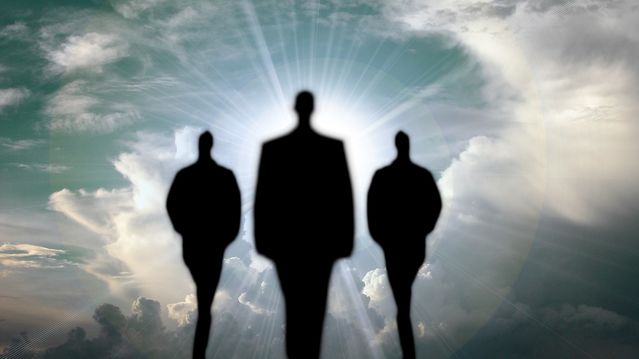

Recently, I had the powerful opportunity to participate in two different presentations: one for Orthodox Rabbis and one for the Orthodox Jewish community at large. What made the talks unique and important was the subject matter: acknowledging the prevalence of abuse and discussing what can be done to increase reporting, and referring victims to the mental health services they need and deserve. As is the case in many insular communities, abuse is downplayed, even denied.
The notion of "outsiders" becoming involved in investigating and treating trauma, abuse, domestic violence, incest, or neglect is anathema and threatening to the core beliefs of many religious groups. Whether the message comes from the Diocese or the Union of Orthodox Rabbis, the intention is to protect their own. Clergy may believe they can "handle" it themselves, or have concerns that these scenarios will have a negative impact on society's view of their organized religion. These dynamics have been portrayed in films like "Spotlight," "Standing Silent," and most recently portrayed in the documentary "The Keepers."
Although all forms of abuse have the potential to be highly traumatizing, having treated victims of clergy abuse as well as survivors who disclosed to clergy and got no helpful response, I believe there are additional layers of trauma that need to be acknowledged and addressed. Oftentimes, the abuse inflicted upon victims by clergy occurs within a context that is religious and is supposed to be safe. Religious experiences that should be sacred including communion, confession, spiritual guidance, Bar or Bat mitzvah lessons, or learning Torah, become confused and tainted when clergy weave abuse and molestation into the equation. Here are other dynamics that add to victims' vulnerabilities and deepen the trauma:
- Clergy often meet with children and adults in unsupervised scenarios, making molestation easy to accomplish.
- Their threats often include retribution by G-d if victims disclose which further decreases the likelihood of disclosures and increases the need to recant.
- Victims of clergy abuse feel betrayed or not protected by G-d.
- When abuse is disclosed the emphasis is often on protecting the perpetrators and not the victims.
- There are added emotions of shame when religious teachings pair sex with sinning.
- Victims are robbed of their spirituality and the religious rituals that used to bring them comfort.
- Victims feel further guilt when it is implied that their disclosures will bring disgrace to their families, their communities, and their religion.
Even when the perpetrator is not clergy, they are the only professionals who are exempt from the mandate to report. Congregants who are religiously observant will typically disclose to their Rabbi or Priest first. If that clergy person doesn't follow through with reporting or referring to a trained mental health professional then there is no follow-up investigation, the victim's experience is invalidated and denied, and they will continue to suffer in silence.
What has been your experience with treating clients who've been victimized by the clergy?
Part two of this series addresses the ways in which clergy can be genuinely helpful.

